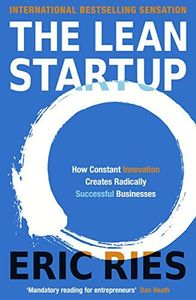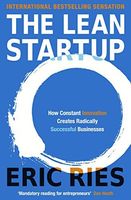- Edition
- ISBN 9780670921607
Reviews
Danielle Rose@dancaban
Julian Paul@julianpaul
Craig Jellick@craigjellick
Nast@nast
Obada Mu@obada
JM Benedetto@jmbenedetto
Felipe Saldarriaga @felipesaldata
Hatem Abdelmowgoud @iammowgoud
John Elbing@palebluedot
Chris Raastad@craastad
Justin Ahinon@segbedji
Ricardo Parro@ricardoparro
Nikolay Bachiyski@nb
Hooman Askari@hoomanaskari
Kelly Kim@kellykim
Roger Dean Olden@rogerolden
Shreerag Plakazhi@shreerag
Kirill So@kirill
Peter Hagen@pha
Marc Köhlbrugge@marc
James Bedford@james
Frank Huang@frankhme
Dennis Bjørn Petersen@dennisbp
Velen Chew@velenchew
Highlights
Guillaume Gelin@ramnes
Piet Terheyden@piet
Page 63
Piet Terheyden@piet
Page 44
James Bedford@james
Page 86
James Bedford@james
Page 35



